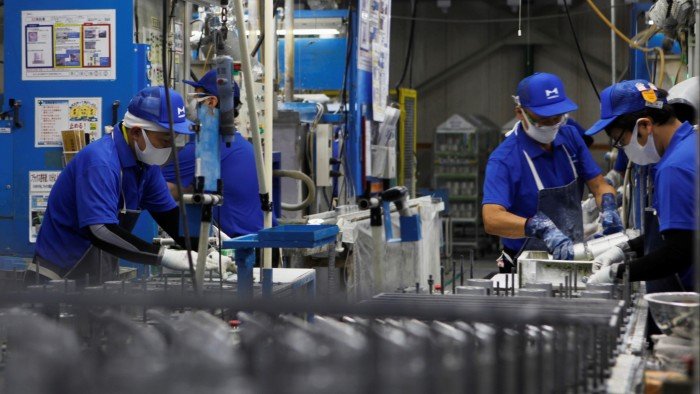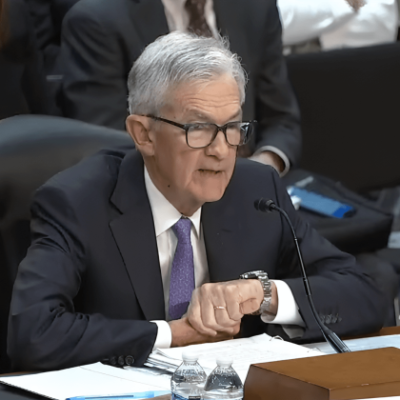Some of the world’s most prominent distressed-debt investors are in tense negotiations with Marelli, a car parts supplier owned by private equity group KKR, that could push the company into a restructuring for the second time in three years.
Marelli, which has its headquarters in Japan, has suffered from sharply falling demand from customers including Nissan and Stellantis. The company has roughly ¥650bn ($4.2bn) in debt and is in talks with creditors about an injection of funds to fill what it says is a “temporary working capital gap”.
The talks have set the stage for a battle involving KKR, Japanese creditors and a foreign lending consortium that includes the US distressed-debt investor Strategic Value Partners, which has $18bn in assets under management, and New York private equity group Fortress Investment.
The consortium, which also includes Deutsche Bank and private equity firm MBK Partners, owns roughly 50 per cent of the debt, said people familiar with the situation, while SVP’s 29 per cent gives it significant influence over decisions. The domestic lenders are dominated by Mizuho Bank.
Marelli’s lenders are rolling over on a month-by-month basis nearly ¥18bn of debt due for repayment, according to the people.
There is currently only one fully formed plan to provide the needed capital, estimated at ¥100bn. The foreign lending consortium has proposed providing the funds, but only if the new loans and also old loans made by those participating in this round are made senior to other debt.
The mechanism, known as up-tiering, is increasingly common in the US and Europe but can be considered aggressive and is unusual in Japan. Lawyers in Tokyo could not recall a situation in which up-tiering had been agreed in the country but added such strategies could become more prevalent as interest rates rise in Japan.
A major problem with the up-tiering solution is that it needs agreement from all creditors to move forward. The Japanese banks, including Mizuho, are reluctant to sign on, in part because they syndicate loans to smaller and regional lenders, making agreement hard to reach, said people close to the talks.
If agreement on the up-tiering plan cannot be reached, other options include Marelli selling some assets or a new partner buying some of the company or providing new loans, according to people familiar with the matter.
Some of the people suggested the foreign lending group had resisted selling assets without a wider solution to the company’s debt problem being resolved first.
Marelli was created in 2019 after KKR’s Japanese car parts maker Calsonic Kansei acquired Italian business Magneti Marelli. Calsonic Kansei had been loaded with ¥1.1tn in debt, and about ¥700bn of that was used to finance the purchase.
The company has already undergone a major debt restructuring in 2022, when it saw haircuts of close to 40 per cent applied, after revenues plummeted during the coronavirus pandemic. KKR wrote off close to $2bn and injected a further $650mn.
The restructuring cast a shadow over private equity in Japan, and when banks reduced their exposure to Marelli, they sold their debt to funds that are now part of the foreign lending consortium.
The restructuring also forced Marelli to take painful decisions that lowered costs and improved efficiency but left it vulnerable to a sudden reversal in fortunes when Nissan and Stellantis started struggling in recent months, said people close to the company.
“While many of our peer companies are now announcing restructuring, Marelli’s significant restructuring measures are behind us — both in terms of factories and headcount,” the company said in a statement, adding that earnings before interest and tax but excluding restructuring and non-recurring items was positive and higher than in 2023, despite a double-digit decline in revenues.
“We are actively negotiating with lenders to secure additional financing to support working capital which will further stabilise the business. While these discussions are ongoing, we continue to operate as normal,” it added.
Mizuho, KKR and a representative for the foreign lending consortium declined to comment.





